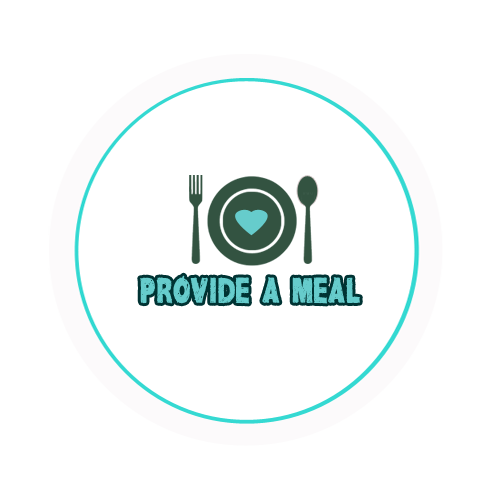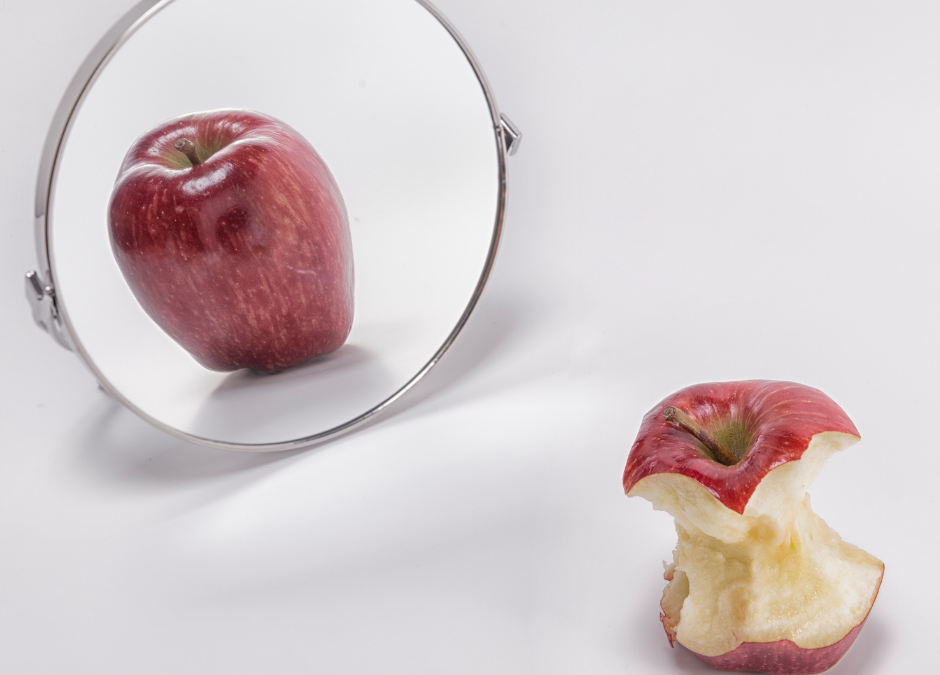Eating disorders
An eating disorder is a mental health condition where you use the control of food to cope with feelings and other situations.
Unhealthy eating behaviours may include eating too much or too little or worrying about your weight or body shape.
Anyone can get an eating disorder, but teenagers between 13 and 17 are mostly affected.
With treatment, most people can recover from an eating disorder.
Types of eating disorders
The most common eating disorders are:
- anorexia nervosa – trying to control your weight by not eating enough food, exercising too much, or doing both
- bulimia – losing control over how much you eat and then taking drastic action to not put on weight
- binge eating disorder (BED) – eating large portions of food until you feel uncomfortably full
Other specified feeding or eating disorder (OSFED)
A person may have an OSFED if their symptoms do not exactly fit the expected symptoms for any specific eating disorders.
OSFED is the most common eating disorder. You can find out more about OSFED on the Beat website.
Avoidant/restrictive food intake disorder (ARFID)
ARFID is when someone avoids certain foods, limits how much they eat or does both.
Beliefs about weight or body shape are not reasons why people develop ARFID.
Possible reasons for ARFID include:
- negative feelings over the smell, taste or texture of certain foods
- a response to a past experience with food that was upsetting, for example, choking or being sick after eating something
- not feeling hungry or just a lack of interest in eating
You can find out more about ARFID on the Beat website.
Check if you have an eating disorder
If you or people around you are worried that you have an unhealthy relationship with food, you could have an eating disorder.
Symptoms of eating disorders include:
- spending a lot of time worrying about your weight and body shape
- avoiding socialising when you think food will be involved
- eating very little food
- making yourself sick or taking laxatives after you eat
- exercising too much
- having very strict habits or routines around food
- changes in your mood such as being withdrawn, anxious or depressed
You may also notice physical signs, including:
- feeling cold, tired or dizzy
- pains, tingling or numbness in your arms and legs (poor circulation)
- feeling your heart racing, fainting or feeling faint
- problems with your digestion, such as bloating, constipation or diarrhoea
- your weight being very high or very low for someone of your age and height
- not getting your period or other delayed signs of puberty
You can read more about the symptoms of:
- anorexia
- bulimia
- binge eating disorder
Warning signs of an eating disorder in someone else
It can be very difficult to identify that a loved one or friend has developed an eating disorder.
Warning signs to look out for include:
- dramatic weight loss
- lying about how much they’ve eaten, when they’ve eaten, or their weight
- eating a lot of food very fast
- going to the bathroom a lot after eating
- exercising a lot
- avoiding eating with others
- cutting food into small pieces or eating very slowly
- wearing loose or baggy clothes to hide their weight loss
Getting help for an eating disorder
If you think you may have an eating disorder, see a GP as soon as you can.
A GP will ask about your eating habits and how you’re feeling, plus check your overall health and weight.
They may refer you to an eating disorder specialist or team of specialists.
It can be very hard to admit you have a problem and ask for help. It may make things easier if you bring a friend or loved one with you to your appointment.
You can also talk in confidence to an adviser from eating disorders charity Beat by calling their adult helpline on 0808 801 0677 or youth helpline on 0808 801 0711.
Getting help for someone else
It can be difficult to know what to do if you’re worried that someone has an eating disorder.
They may not realise they have an eating disorder. They may also deny it, or be secretive and defensive about their eating or weight.
Let them know you’re worried about them and encourage them to see a GP. You could offer to go along with them.
The eating disorder charity ‘Beat’ also has information on:
- what to do if you’re worried about a friend or family member
- what to do if you’re worried about a pupil
- what to do if you’re worried about an employee
- supporting someone with an eating disorder
Treatment for eating disorders
You can recover from an eating disorder, but it may take time and recovery will be different for everyone.
If you’re referred to an eating disorder specialist or team of specialists, they’ll be responsible for your care.
They should talk to you about the support you might need, such as for other conditions you have, and include this in your treatment plan.
Your treatment will depend on the type of eating disorder you have, but usually includes a talking therapy.
You may also need regular health checks if your eating disorder is having an impact on your physical health.
Your treatment may also involve working through a guided self-help programme if you have bulimia or binge eating disorder.
Most people will be offered individual therapy, but those with binge eating disorder may be offered group therapy.
Read more about the different treatments for:
- anorexia
- bulimia
- binge eating disorder
Treatment for other specified feeding or eating disorder (OSFED) will depend on the type of eating disorder your symptoms are most like.
For example, if your symptoms are most like anorexia, your treatment will be similar to the treatment for anorexia.
What causes eating disorders?
We do not know exactly what causes eating disorders.
You may be more likely to get an eating disorder if:
- you or a member of your family has a history of eating disorders, depression, or alcohol or drug misuse
- you’ve been criticised for your eating habits, body shape or weight
- you’re really worried about being slim, particularly if you also feel pressure from society or your job, for example, ballet dancers, models or athletes
- you have anxiety, low self-esteem, an obsessive personality or are a perfectionist
Download PROVIDE A MEAL app and feed someone today!






